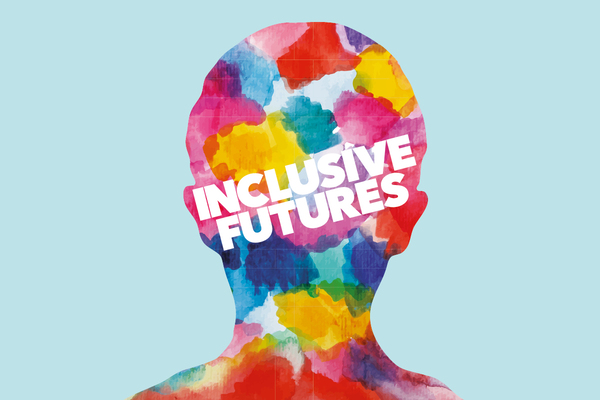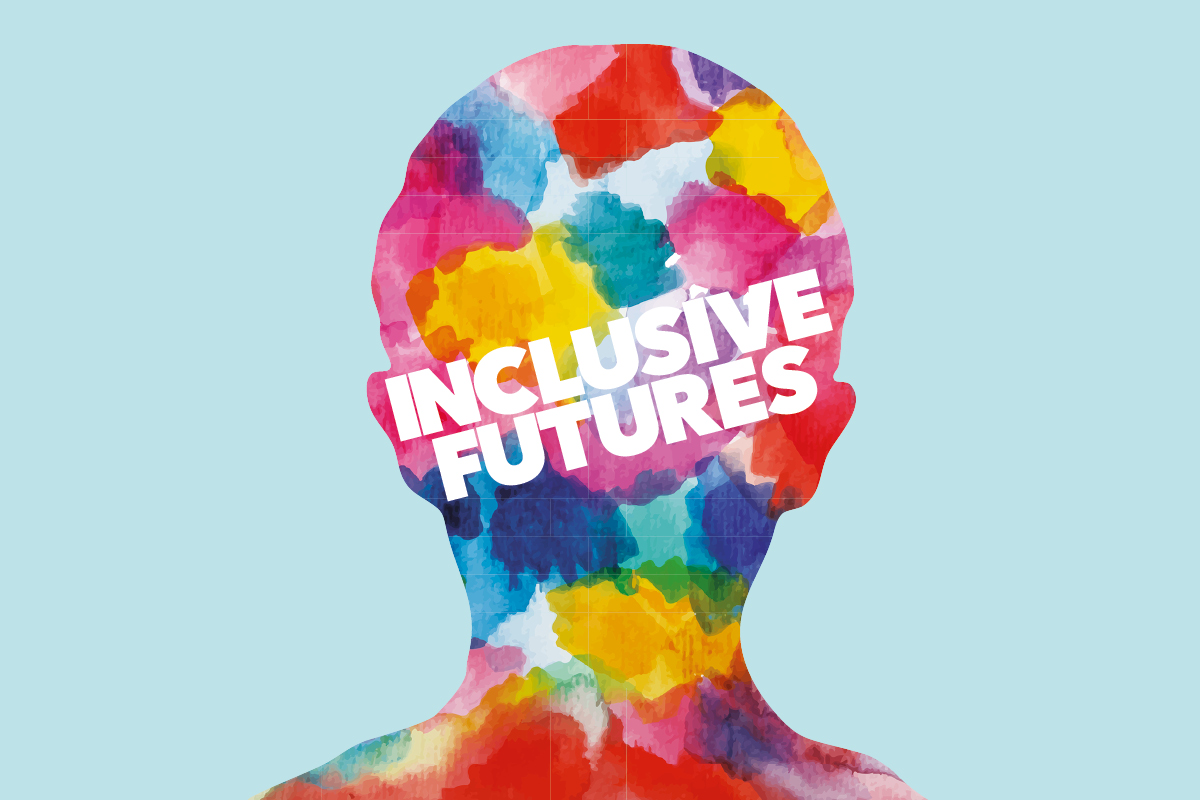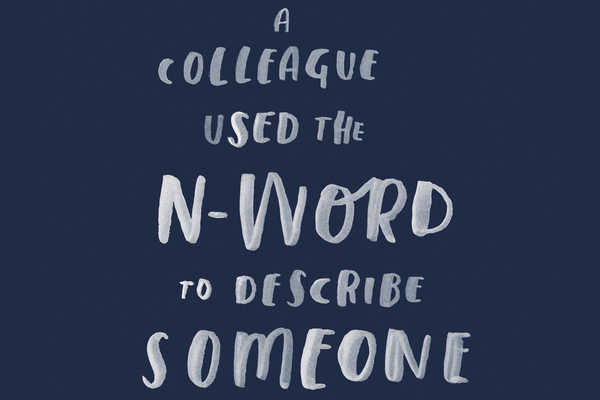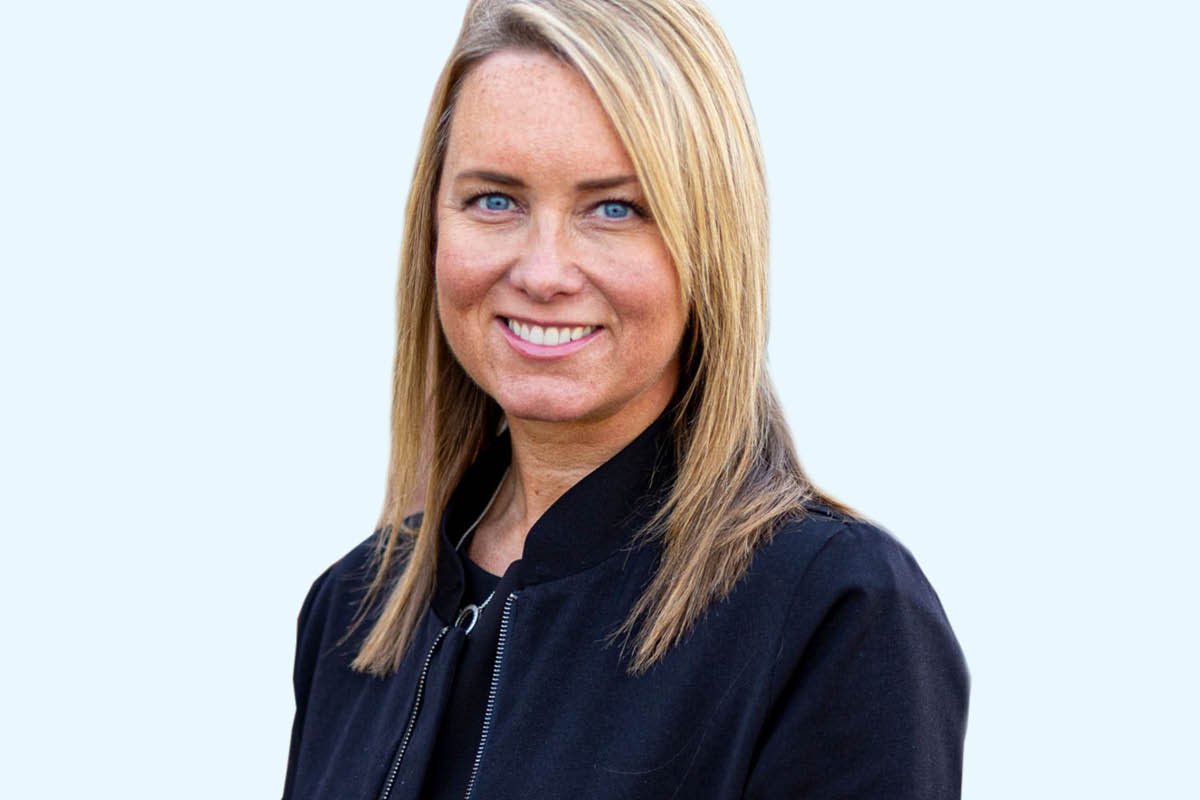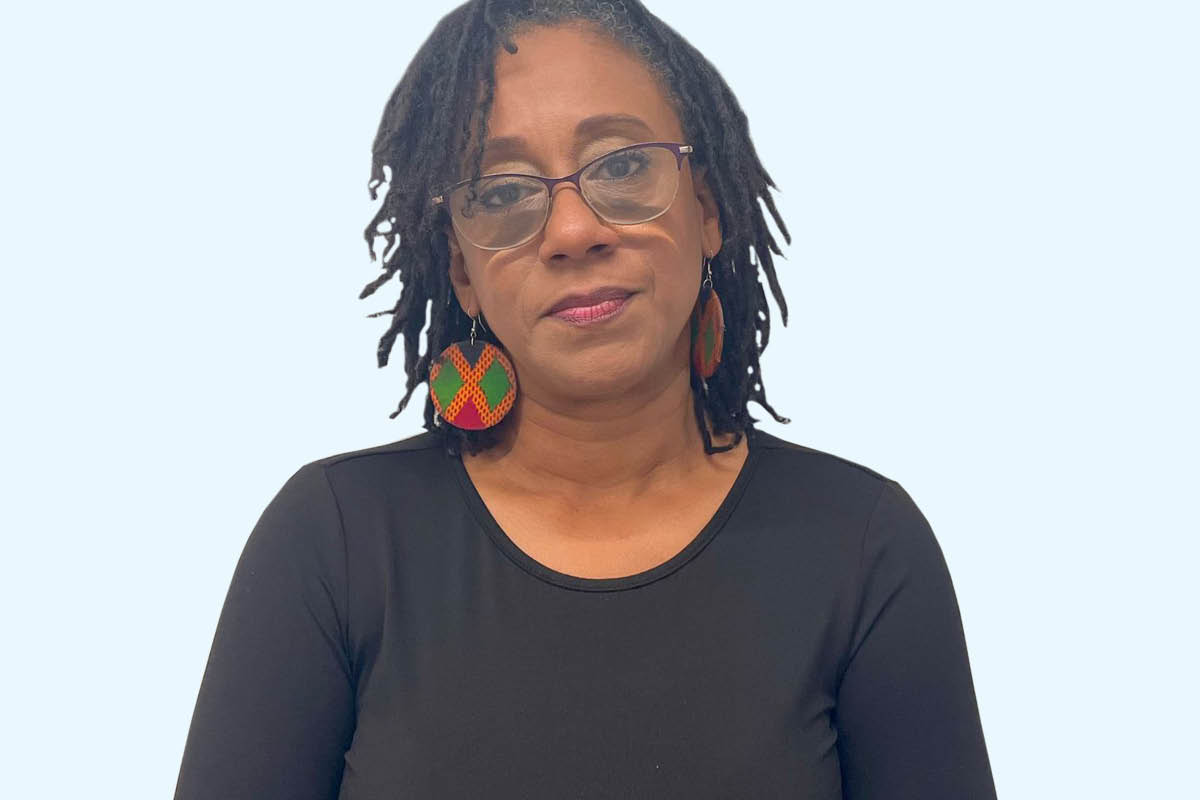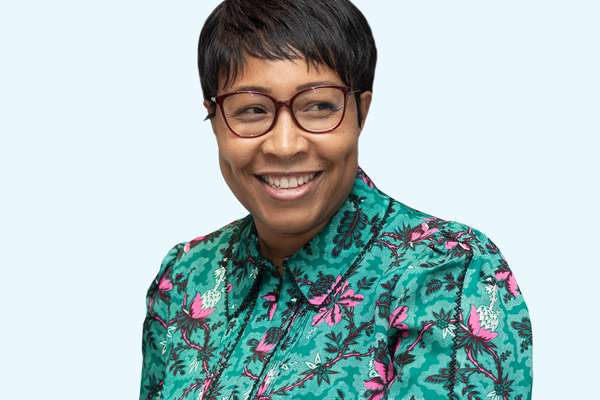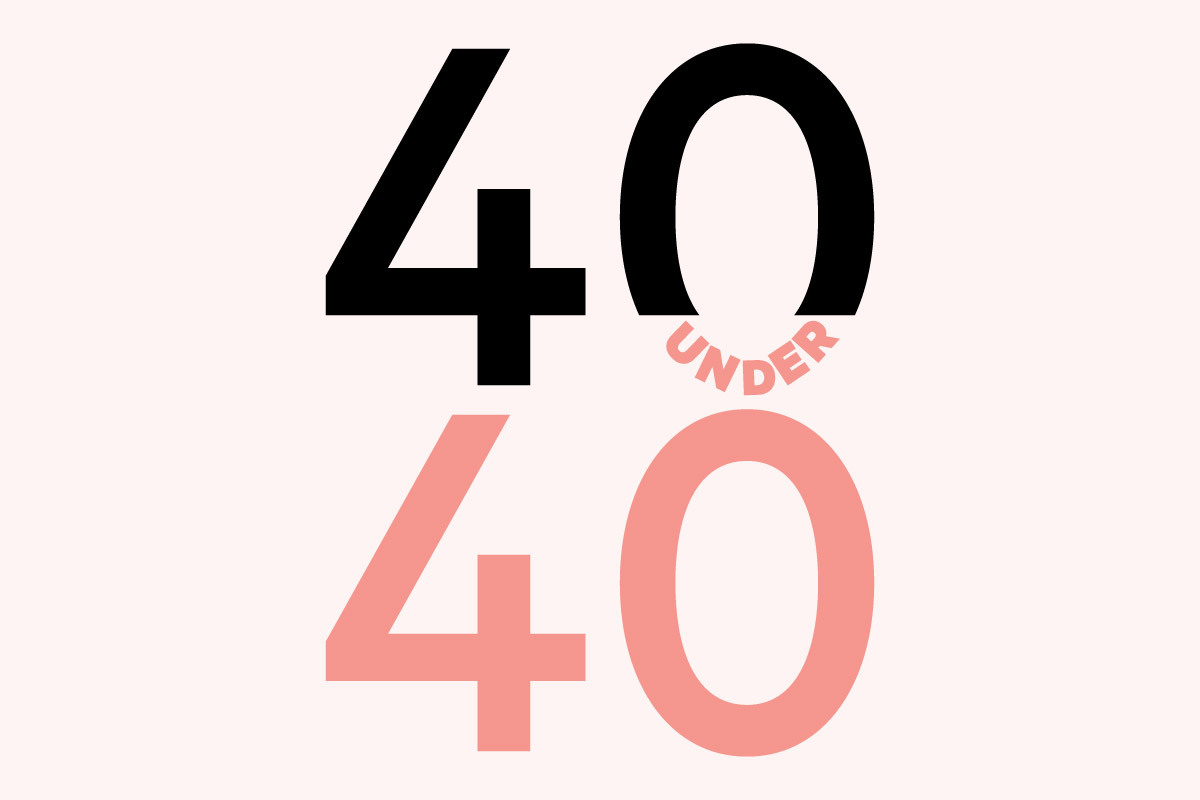You are viewing 1 of your 1 free articles
 Chan Kataria OBE
Chan Kataria OBEChan is the Group Chief Executive of emh group, a housing and care group with a turnover of £125m, 1,100 employees and over 20,000 homes ...more
Breaking the reinforced glass ceiling: supporting women to reach the highest level
Chan Kataria writes about EMH Group’s Women on Boards programme
Women may have been given the vote 100 years ago, but they are still far from being equal when it comes to steering businesses at the highest level.
One of our core values is diversity, and more often than not we get it right when it comes to gender equality: at EMH Group 50% of our executive team and three of the nine new property services multi-trade apprentices are women.
At the highest level, however, the group board has only three women out of eight independent members, and when we recently advertised for a new chair, out of 28 strong applications less than half a dozen were from women.
Our stated mission is to “improve opportunities for people”, not just white, British, middle-aged men.
“When we advertised for a new chair, out of 28 strong applications less than half a dozen were from women.”
How can we improve opportunities for staff and customers if our board does not reflect the demographics of the communities we serve?
And it is not just about numbers. I believe that a gender-balanced board will make better decisions.
The obvious question is: what is stopping women from securing places on boards?
The recent Hampton-Alexander Review, which challenged FTSE 350 companies to make sure that by 2020 at least a third of their board members were women, gives us a clue.
Some of the more ridiculous reasons given for not having more women on top company boards include “women don’t fit in”, “most women don’t want the hassle”, “we have one already, so we are done”, and “all the good women have already been taken”. It seems that some men are doing their best to reinforce the glass ceiling.
Among the FTSE 100 companies, 29% of board members are women. That figure rises to a slightly more respectable 36% for housing associations, but we can and must do better.
“Mixed interview panels and anonymous shortlisting are good but do not address the underlying issues.”
So what are we doing to attract more women to our boards? Mixed interview panels and anonymous shortlisting?
All well and good, but they do not address the underlying issues, specifically gender bias and perception.
In a recent case study by Columbia Business School, the same candidate was presented to a group of people as a former entrepreneur who had co-founded a very successful technology company and become an executive at Apple before turning to venture capitalism.
When presented as “Howard”, the candidate was rated as highly competent and effective, and found to be likeable and appointable.
However, when the candidate was presented as “Heidi” the same people found her to be competent and effective, but they did not like her or want to work with her.
The only thing to infer from this is that whereas entrepreneurship and self-confidence are celebrated in men, the same qualities in women are perceived as arrogance and self-promotion.
It has been said that men will apply for a job when they meet only 60% of the qualifications, whereas women will only apply if they meet 100%.
“Whereas entrepreneurship and self-confidence are celebrated in men, the same qualities in women are perceived as arrogance and self-promotion.”
And it is not that women feel they cannot do the job, they just feel it is not worth applying unless they are fully qualified. It is important that this statistic continues to circulate as it shines a light on the fact that not everyone is playing the game the same way.
When more women know that others are applying for posts even if they do not fully meet the criteria, more will feel free to do the same.
To address these issues, not just for EMH Group but for the wider benefit of the sector and beyond, we have created our own Women on Boards programme in partnership with 3DK Solutions.
Using our joint networks and relationships, we identified and approached eight women who have the necessary skills and potential to become board members.
Through a series of workshops, one-to-ones and observations of our board meetings, the programme will give participants an insight into the role of board members and the positive impact an effective board has on an organisation.
“We want to create a supportive and collaborative network that will inspire skilled and talented women to reach the highest level.”
They will also receive inspiration from successful women board members, and be given coaching on applying for board positions and how best to prepare for interviews.
We want to create a supportive and collaborative network that will inspire skilled and talented women to reach the highest level.
Only when we have gender-balanced boards will we be able to say that our businesses are being steered by a group of people that fully and truthfully represent the communities we serve
Chan Kataria, chief executive, EMH Group
Inclusive Futures
Inside Housing’s Inclusive Futures campaign aims to promote and celebrate diversity and inclusion.
We are pledging to publish diversity audits of our own coverage.
We are also committed to proactively promoting positive role models.
We will do this through the pages of Inside Housing. But we will also seek to support other publications and events organisations to be more inclusive.
Our Inclusive Futures Bureau will provide a database of speakers and commentators from all backgrounds, for use by all media organisations.
We are also challenging readers to take five clear steps to promote diversity, informed by the Chartered Institute of Housing’s diversity commission and the Leadership 2025 project.
THE CASE FOR CHANGE
34%
of housing association chief executives are female
1%
of housing association executives have a disability
1.6%
of housing association board members are LGBT
Women make up 46% of the UK workforce, but Inside Housing research found that they are under-represented on housing association boards (36%), executive teams (39%) and among chief executives (34%).
Almost a fifth of working-age adults have a disability (18%), yet associations reported only 1% of executives and 4.5% of board members with a disability. Many were unable to provide details.
Nationwide, 14% of the working-age population come from a BME background, climbing to 40% in London and Birmingham. Yet our research found that 6.8% of board members identified as BME, compared with 4.5% of executives.
Statistics on representation of LGBT people in the workforce are in short supply, but official statistics suggest that 2% of the total UK population identify as lesbian, gay or bisexual, rising to 4.1% for 16 to 24-year-olds. Our survey found that 1.6% of board members and 10 executives were LGBT – but most organisations were unable to provide figures.
THE INCLUSIVE FUTURES CHALLENGE
Inside Housing calls on organisations to sign up to an inclusive future by taking five steps:
Prioritise diversity and inclusion at the top: commitment and persistence from chief executives, directors and chairs in setting goals and monitoring progress.
Collect data on the diversity of your board, leadership and total workforce and publish annually with your annual report. Consider gender, ethnicity, disability, sexuality, age, and representation of tenants on the board.
Set aspirational targets for recruitment to the executive team, board and committees from under-represented groups.
Challenge recruiting staff and agencies to ensure that all shortlists include candidates from under-represented groups.
Make diversity and inclusion a core theme in your talent management strategy to ensure you support people from under-represented groups to progress their careers.
INSIDE HOUSING’S PLEDGES
We will take proactive steps to promote positive role models from under-represented groups and provide information to support change.
We pledge to:
Publish diversity audits: We will audit the diversity of the commentators we feature. We will formalise this process and publish the results for future audits twice a year.
Promote role models: We will work to highlight leading lights from specific under-represented groups, starting in early 2018 with our new BME Leaders List.
Launch Inclusive Futures Bureau: We will work with the sector to compile a database of speakers, commentators and experts from under-represented groups. The bureau will be available to events organisers, media outlets and publications to support them to better represent the talent in the sector.
Take forward the Women in Housing Awards: Inside Housing has taken on these successful awards and will work to grow and develop them.
Convene Inclusive Futures Summit: Our new high-level event will support organisations to develop and implement strategies to become more diverse and inclusive.

